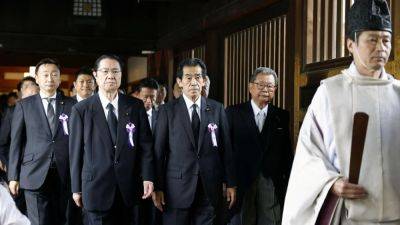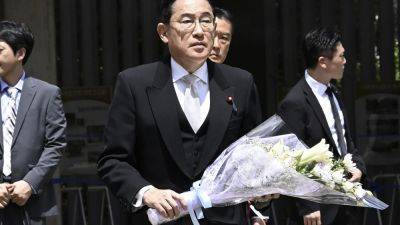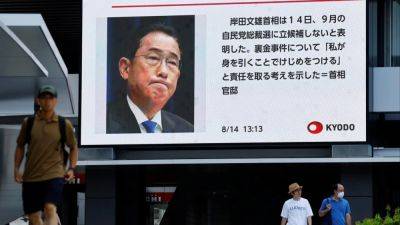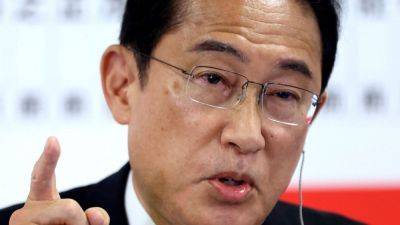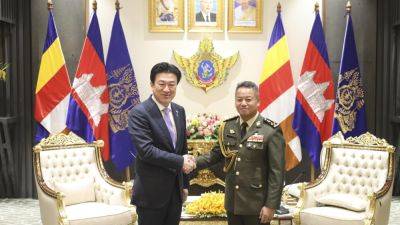Is Japan nearly cured of its nuclear allergy?
United States Secretary of State Antony Blinken and Defense Secretary Lloyd Austin included an “extended deterrence dialogue” (EDD).
They they met their Japanese counterparts Foreign Minister Yoko Kamikawa and Defense Minister Minoru Kihara in Tokyo on July 28 for their 2+2 US-Japan Security Consultative Committee talks.
The Japanese and Americans have held EDD talks since 2010, but never at this level.
Simply put, “extended deterrence” refers to nuclear weapons. It includes America potentially using its nuclear arsenal to defend Japan, which has no nukes of its own.
Japan was keen to hold this high-level discussion. It wanted to be sure of America’s “nuclear umbrella” – not least to avoid nuclear blackmail and deter attack from its nearby adversaries, China, North Korea, and even Russia.
The late prime minister Shinzo Abe was a leading, even outspoken, proponent of American nuclear coverage. Indeed, he even suggested he wouldn’t mind if the US stored nukes in Japan.
The Americans prefer Tokyo settle for a “trust us” approach but know that won’t happen. Japan wants specifics and assurances. Outright guarantees would be even better.
Military Buildup of China and North Korea
China has carried out a massive military buildup over the last 30 years. Given this, the conventional balance of power in East Asia is troubling enough for Japan. Add in nukes and it’s even worse.
China has the nuclear weapons to blanket Japan at least several times over. And it has suggested it just might. As well, North Korea has dozens of nuclear weapons.
Not surprisingly, Japan is edgy.
The Americans need to assuage Japanese concerns. This requires specifics – and not oratory and reassurances of “ironclad” commitment. More than anything, the


